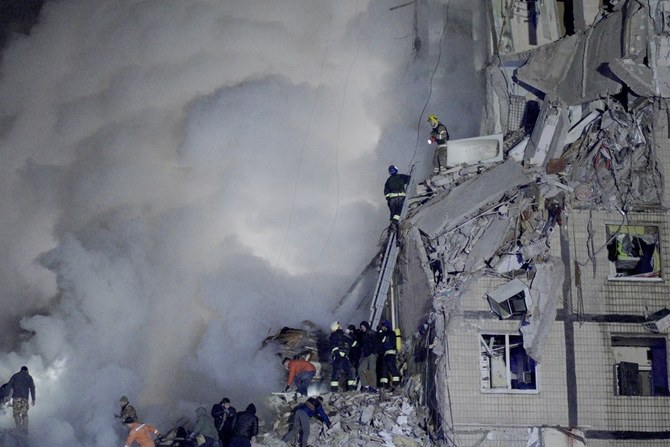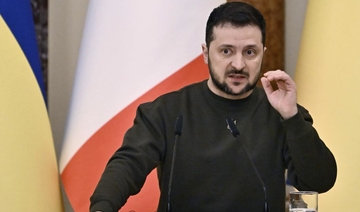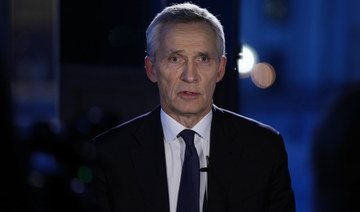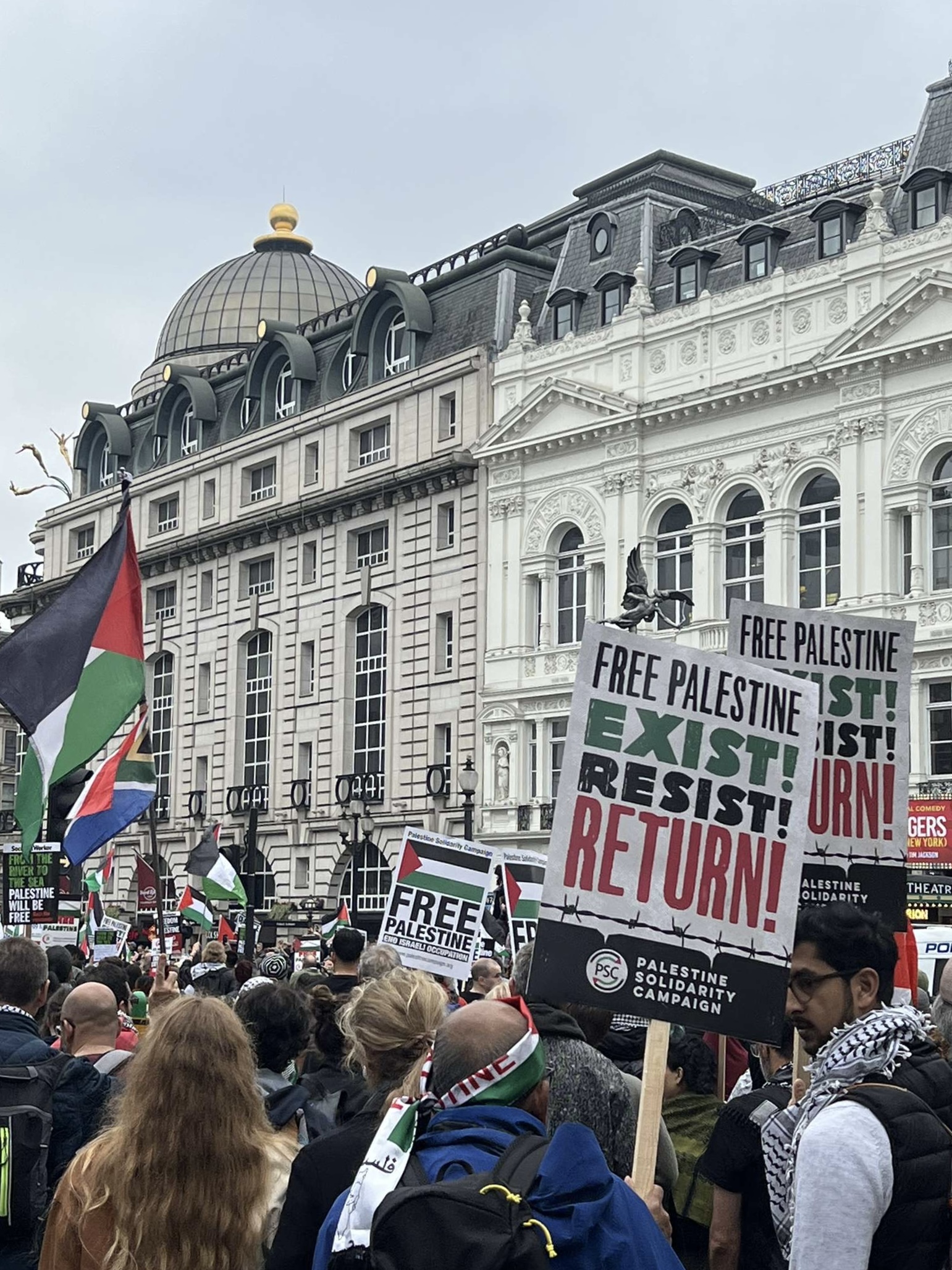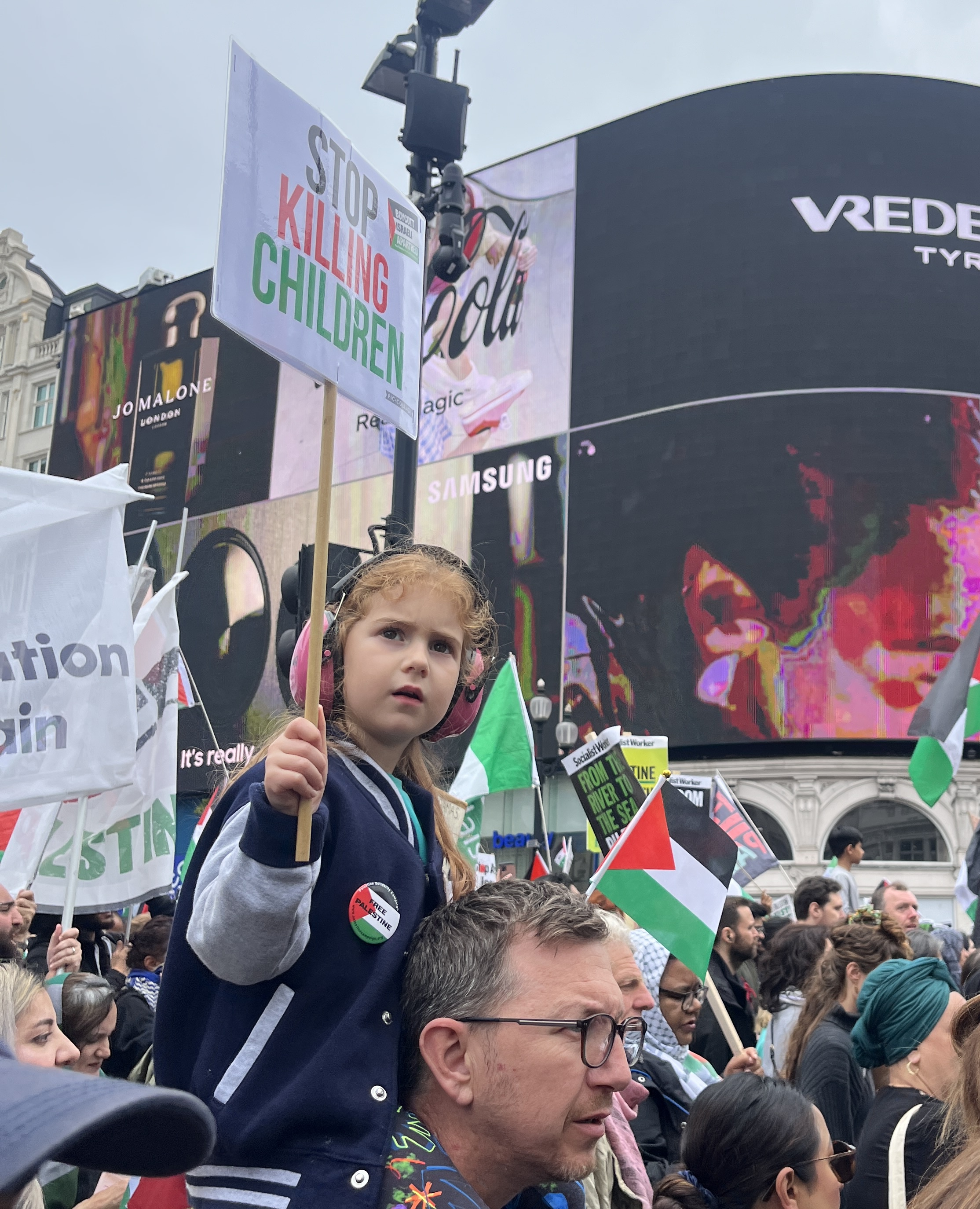DUBAI: Exactly a year ago Russia sent troops over its border into Ukraine’s north, east and south with the aim of quickly encircling the capital, Kyiv, and removing the government of Volodymyr Zelensky.
Russia’s President Vladimir Putin said the “special military operation” was intended to “demilitarize” and “denazify” the country to protect ethnic Russians, prevent Kyiv joining NATO, and to keep it in Russia’s sphere of influence.
As it turned out, Russian forces met with stiff resistance from the Ukrainian people and the Ukrainian army, who repulsed the advance on the capital and forced entire divisions to retreat from the cities of Kharkiv in the northeast and Kherson in the south.
Twelve months on, the war, which Russian military strategists probably expected to last just a matter of days, has become a bitter stalemate, with the opposing armies dug in along a front line spanning 1,500 km from north to south across the east of Ukraine.
Although Russia has attempted to annex four Ukrainian provinces — Luhansk and Donetsk in the east and Kherson and Zaporizhzhia to the south — it does not fully control these areas. And as events during the past year have shown, even Crimea, which Russia annexed in 2014, is vulnerable.
Since Russia launched its “special military operation” on Feb. 24, some 8 million Ukrainians have been displaced across Europe and further afield, while thousands of soldiers have died on both sides. Various Western sources estimate the conflict has caused 150,000 casualties on each side, with Russian military personnel possibly accounting for 150,000 of the deaths.
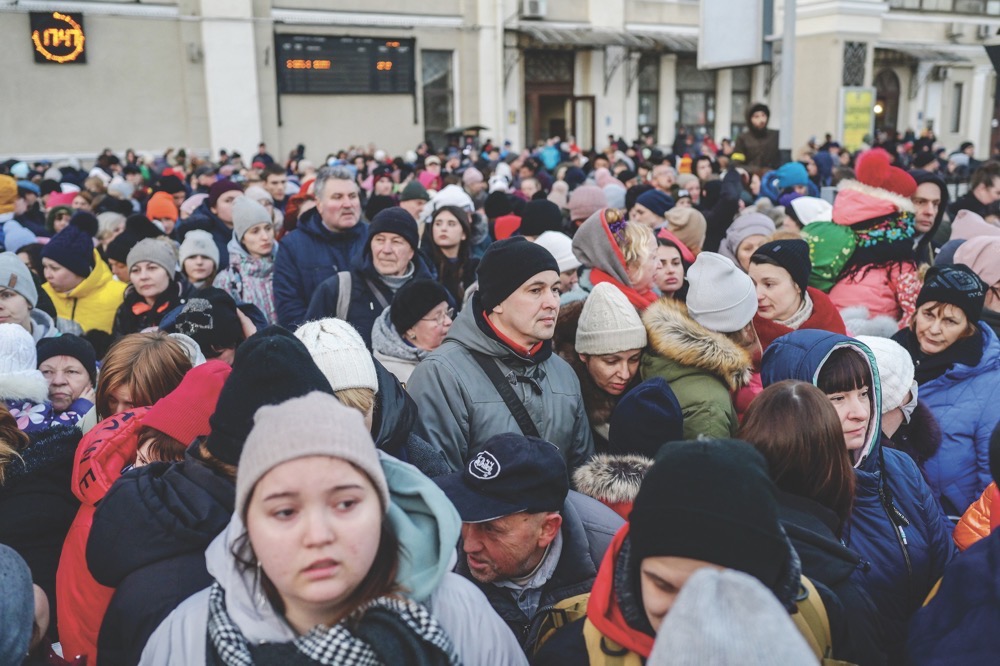
Millions have fled the country since the invasion in February last year. (AFP)
“Russia wages nineteenth century colonization war tactics in the twenty-first century. It doesn’t work — not the tools, not the ways, and not the cause,” Dmytro Senik, Ukraine’s ambassador to the UAE, told Arab News in advance of the first anniversary of the start of the Russia-Ukraine conflict.
As the war drags on, Moscow has been forced to source weapons and ammunition from sympathetic allies, including Tehran, which is widely believed to be providing to the Russian military the same brand of kamikaze drones that it has used and given to proxy groups in the Middle East.
Many such drones have been used in recent months to attack civilian infrastructure, including power stations and residential apartments in Ukrainian cities.
“As Russia continues to fail on the battlefield, with Russian generals confirming it, they began to target Ukraine’s critical infrastructure and thermal power stations with the purpose of depriving Ukrainians of heat, power supply, and water pumping,” said Senik.
“They claim they came to the ‘rescue.’ But, instead, they are killing and destroying lives. The Russians were intending to freeze us to death, to make our conditions miserable. It goes against Article 2 of the Convention on Genocide. Time and time again, Russia violates international law.”

Speaking of Russian narratives of Nazism, Senik said: “For the Kremlin, every neighboring country which plans its own future of nation-building and does not want to become a colony of a Russian empire, in the view of the Russians, becomes a Nazi.”
For their part, pro-Russia voices have urged the Kremlin to up the ante to achieve the strategic objectives of the war.
After an explosion damaged the Kerch Bridge that connects Russia to Crimea last October, Margarita Simonyan, head of Russia’s state funded RT news channel, wondered aloud on social media what Moscow’s response would be, asking: “And?”
Branding Russia’s actions an illegal act of aggression, the West has imposed layers of sanctions on Kremlin officials, the Russian economy, and its hydrocarbon industry, partly contributing to a global inflation crisis and fuel price spike.
Another damaging consequence of the war was disruption to regional agriculture and Black Sea shipping, which led to fears of a global grain shortage, causing food prices to skyrocket, especially in import-dependent nations of the Middle East and Africa, forcing the UN to intervene as a mediator.
INNUMBERS
• 150,000 Estimated number of military casualties on each side, according to Western sources.
• 21,000 Estimated number of Ukrainian civilians killed or wounded, according to the UN.
• 8m Ukrainians forced to flee since the war broke out, according to the UN refugee agency.
• 5m Ukrainians internally displaced. The same number have reportedly sought refuge in Russia.
• 65,000 Suspected war crimes, according to the EU Justice Commissioner Didier Reynders.
While Ukrainian grain exports resumed last July thanks to a UN-brokered deal between Kyiv and Moscow, some countries had to wait months for their shipments, while others, such as Egypt, Tunisia, Yemen and Lebanon, have struggled to stabilize the price of bread due to inflation.
Fredrick Kempe, president of the Atlantic Council, has called the war a “wake-up call” for policymakers, one that constitutes an “inflection point in history” when leaders have the chance to make decisions that will have “an outsized influence” on future generations.
However, the West’s involvement in the war, including the supply of weapons, ammunition and, more recently, modern battle tanks to Ukraine, has pushed relations between Moscow and Washington to their lowest ebb since the Cold War.
In a state of the nation address on Tuesday, Putin said his country was suspending the New START treaty — the last remaining nuclear arms control treaty, signed by Russia and the US in 2010 — and was ready to resume nuclear testing. Nevertheless, the Russian foreign ministry has said Moscow will continue to strictly observe the quantitative restrictions and to notify the US of planned test launches of inter-continental ballistic missiles.
On Monday, US President Joe Biden made an unannounced visit to Kyiv, his first to the country since the start of the war, where he pledged Washington’s continued support for Ukraine in a meeting with Zelensky.
Biden also met with NATO and European leaders in the Polish capital Warsaw on Wednesday, with the allies vowing to further “reinforce our deterrence and defense posture across the entire eastern flank from the Baltic to the Black Sea.”
While this was going on, Putin was holding talks with China’s top diplomat Wang Yi, who was visiting Moscow after Washington and NATO voiced concern that China could be preparing to supply Russia with weapons — a charge Beijing denies.

Western countries including Germany and the UK have provided Ukraine with combat vehicles. (AFP)
“We will not be overwhelmed by threats and pressure from third parties,” Wang said, according to a readout following the meeting, which further quoted him as saying that China is willing to “deepen political trust” and “strengthen strategic coordination” with Russia.
Beijing has sought to position itself as a neutral party in the war, while maintaining close ties with strategic ally Russia. It has said it is “deeply concerned” and that the conflict is “intensifying and even getting out of control.”
Following the meeting, Moscow said Beijing had presented its views on approaches to a “political settlement” in Ukraine.
Meanwhile, in New York, the UN General Assembly met on Wednesday with Kyiv and its allies to garner support for a resolution calling for a “just and lasting peace.”
Antonio Guterres, the UN secretary general, described the conflict “an affront to our collective conscience,” calling the anniversary “a grim milestone for the people of Ukraine and for the international community.”
The international community remains divided on the war. In October last year, 143 member states of the General Assembly voted to condemn the annexation of parts of Ukraine. While Russia, Belarus, Syria, and North Korea opposed the motion, India and China were among the 35 states that abstained.
The member states of the Gulf Cooperation Council, including Saudi Arabia and the UAE, have refrained from expressing support for either side in the conflict, instead calling for diplomacy to end the crisis. But they have supported resolutions calling for respect for Ukraine’s territorial integrity and sovereignty.

Since Russia launched its “special military operation” on Feb. 24, some 8 million Ukrainians have been displaced across Europe and further afield. (AFP)
Having acted as go-between in a prisoner swap and maintained ties with all parties to the conflict, the Kingdom remains well placed to act as a mediator between Russia on the one hand and Ukraine and Western countries on the other hand.
Despite the apparent exhaustion on both sides, officials in Kyiv, Washington and other Western capitals fear Russia will use the war’s first anniversary to launch a new offensive with hundreds of thousands of troops to break the stalemate. Senik, however, is unconcerned.
“I don’t think numbers matter. It is about quality not quantity,” he said. “The Russian army was confident but dysfunctional, waging Second World War tactics of using men as cannon fodder. Russia lost more than 20,000 soldiers trying to take the small town of Soledar, a town of 9,000 civilians. Putin does not care about his people.”
In Senik’s view, the Ukrainians are equally prepared to fight on. “For centuries Russia has been trying to eradicate Ukrainian culture. The fight is 300 years old and still ongoing,” he told Arab News.
“We stood up against what was believed to be the second strongest army in the world. We continue to fight and show resilience. We will prevail. And we would rather stay without light and heat but never with Russia.”




